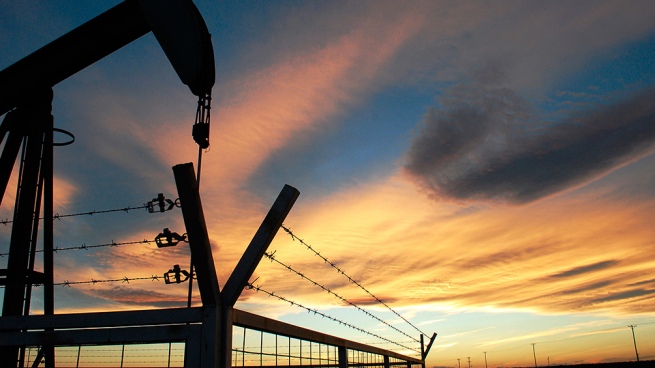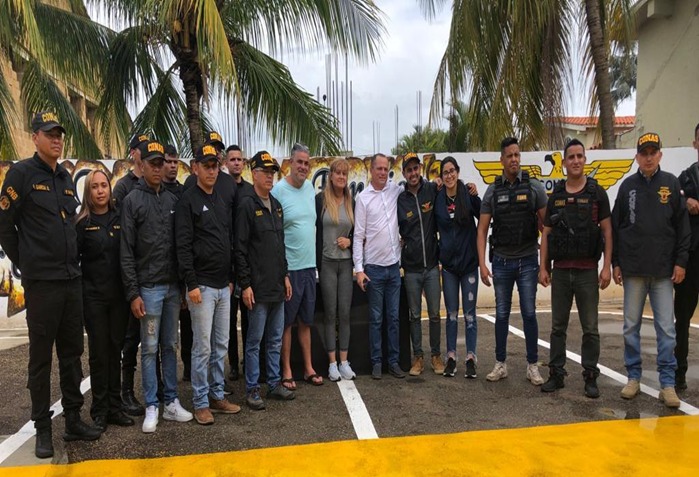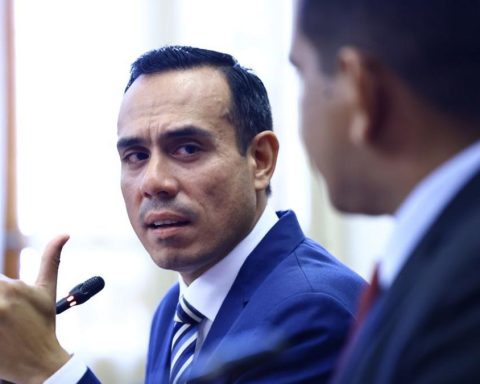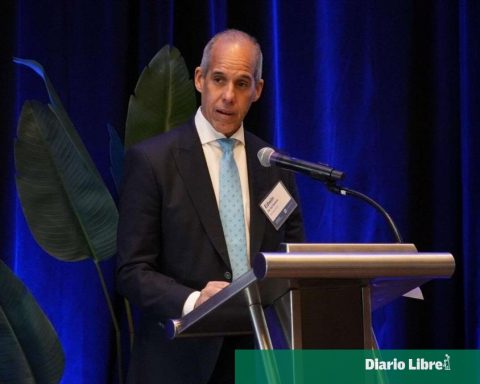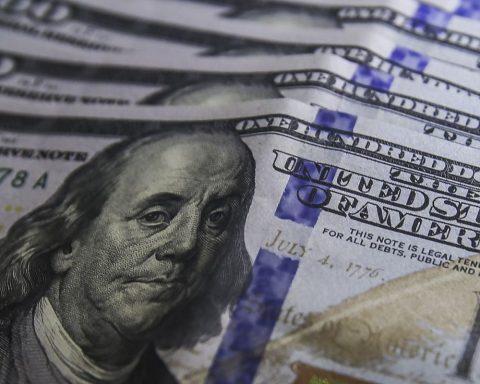The national government is considering establishing a special export regime for incremental oil production which will be effective as of January 1, and will be implemented through a decree by President Alberto Fernández, as part of the strategy of increasing the trade surplus by improving the conditions of strategic sectors.
The spokeswoman for the Presidency, Gabriela Cerruti, revealed that the Minister of Economy, Sergio Massa, presented this afternoon to President Fernández “the project that establishes a special regime for exports of surplus oil from January 1, 2023”, during a lunch they shared at the Government House.
“You will later have the details of that decree and what are the benefits and incentives that are given to companies that can export excess oil and bring in more investments,” he said. Cerruti during his usual weekly press conference.
On Wednesday, Minister Massa had anticipated at a press conference shortly after taking office will promote by DNU regimes for the sectors of agribusiness, mining, hydrocarbons by increased production, and knowledge economy, as part of the strategy of increasing the trade surplus that allows a greater income of foreign currency.
In August 2021the Government had announced the sending to Congress of a draft Hydrocarbon Investment Promotion Law that contemplated incentives for initiatives that are undertaken in all the basins that ensure an incremental production of gas and oil.
In September of last year it was presented in the Senate the Bill for the Promotion of Hydrocarbon Investments which aimed to give stability to the incentives or differential fiscal, tariff and exchange treatments for the industry for the next 20 years.
In May past, the creation by decree of the Foreign Exchange Access Regime for Incremental Oil Production (Radpip) so that the holders of hydrocarbon exploitation concessions “have the rules of access to foreign currency necessary to promote investment in the sector.”
This new boost to hydrocarbon exports is framed in a context of strong growth in oil shipments abroad, which in the first half increased by more than 300% and more than 600% in the case of gas in the case of Neuquen province.
The high international prices of crude oil also act as an incentive for the sector, which, although in the last week they have been below US$100 per barrel, continue to be high and profitable prices for unconventional operations.
